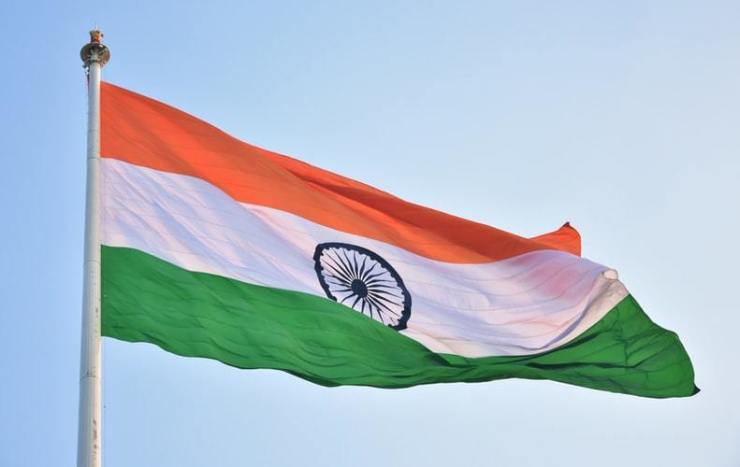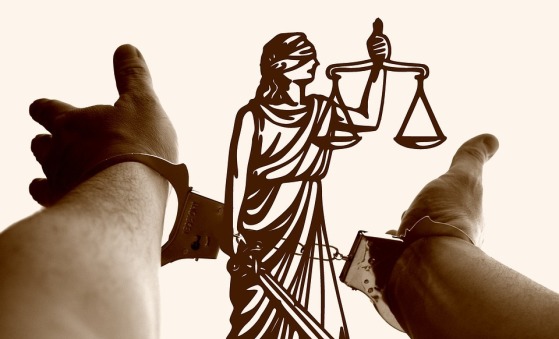
On December 8, the U.S. Department of State excluded India from the “Country of Special Concern” (CPC) list amid the region's continuing and egregious violations of religious liberty.
Every year, the U.S. State Department makes formal CPC designations in compliance with the International Religious Freedom Act of 1998.
Although Nigeria was added to the list this year, India was omitted, despite the U.S. Commission on International Religious Freedom's (USCIRF) recommendation to include it on the CPC list.
“We are extremely disappointed about the unwillingness of the Trump White House to see the obvious, and actively block India from being designated as a CPC despite overwhelming developments there,” John Prabhudoss, Chairman of the Federation of Indian American Christian Organizations of North America, said.
“The State Department has tried similar approaches in China, Pakistan, Burma, and other places before. Such policies did not work in the past elsewhere and it will not work in India. Current policy will only help worsen the situation in India,” he added.
In India, an increase in radical violence against Christians has been generated by decades of increasing Hindu supremacy and the rise of a radical agenda to remove all religious minorities and make the country an exclusively Hindu nation.
The central government of India, headed by the Bharatiya Janata Party (BJP), has overseen the country since taking power in 2014 in which anti-minority rhetoric and attacks on religious minorities have significantly increased.
The Evangelical Fellowship of India (EFI) reported 147 violent attacks on Christians across India in 2014, the year the BJP took power. By 2019, the figure had doubled to 366.
Many of the violent attacks are triggered by local and regional members from the Rashtriya Swayamsevak Sangh (RSS), a right-wing, Hindu nationalist, paramilitary volunteer organisation.
Different discriminatory policies are passed by nationalists for political benefit, and these policies in turn lead them to target and persecute religious minorities, including Christians and Muslims.
In addition, the country uses different legal structures, such as the anti-conversion laws and blasphemy laws, to oppress and persecute Christians.
A lot needs to be done to secure the rights and security of religious minorities in the country. Through not designating India as a CPC, the U.S. State Department has chosen to disregard the ongoing religious freedom abuses against the nation's religious minorities.




